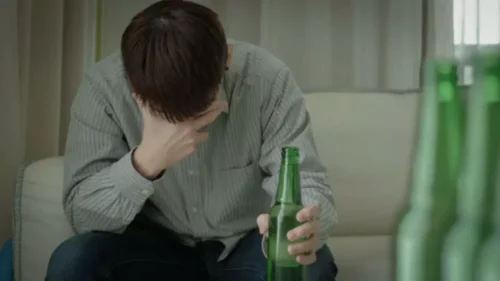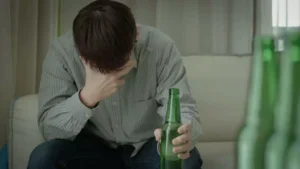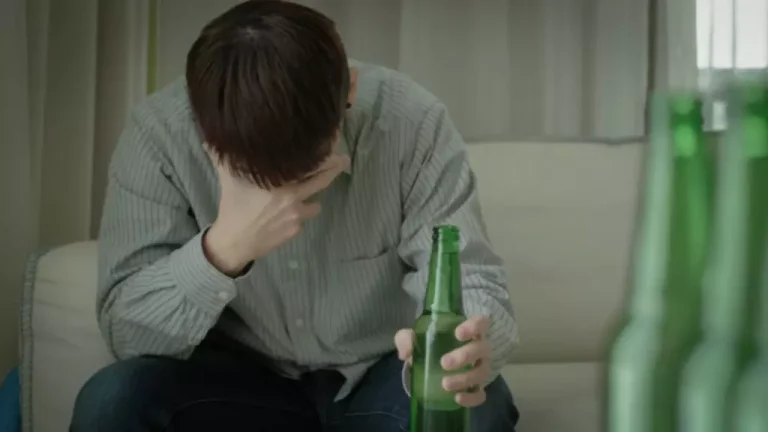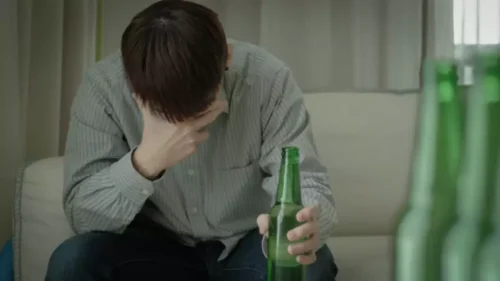Lunedì, Luglio 29th/ 2013
– di Sergio Basile –

The involvement of family plays a critical role in relapse prevention. Family members can assume constructive roles and behaviors to promote and sustain recovery from drug use. Stimulating healthy habits, attending support group meetings, and providing a supportive and understanding atmosphere are all crucial methods by which families can contribute to relapse prevention. Participating in family therapy sessions =https://ecosoberhouse.com/ can also be beneficial in this process.
Take care of your physical, emotional, and mental well-being during this time. Engage in activities that promote relaxation, stress relief, and self-care, such as exercise, meditation, hobbies, or spending time in nature. Work towards a healthy lifestyle and prioritize healthy habits such as eating nutritious foods, getting enough sleep, and avoiding substances that can interfere with your recovery. It’s important to understand that addiction is a complex and chronic condition characterized by periods of remission and relapse. Relapse does not indicate failure; rather, it highlights the need for ongoing support, treatment, and coping strategies to manage the condition effectively.

For a shopaholic trying to follow a budget, a relapse could be going on a full shopping spree. If you are at a gathering where provocation arises because alcohol or other substances are available, leave. Cravings can intensify in settings where the substance is available and use is possible. • Unpleasant feelings relapse prevention including hunger, anger, loneliness, and fatigue. The primary endpoint is PFS as per an independent review committee.


Mindfulness training, for example, can modify the neural mechanisms of craving and open pathways for executive control over them. There is an important distinction to be made between a lapse, or slipup, and a relapse. The distinction is critical to make because it influences how people handle their behavior. A relapse is a sustained return to heavy and frequent substance use that existed prior to treatment or the commitment to change. A slipup is a short-lived lapse, often accidental, typically reflecting inadequacy of coping strategies in a high-risk Oxford House situation. These triggers can vary from person to person, but some common examples include stress, boredom, loneliness, and feeling overwhelmed.
When people use alcohol or other drugs for a long period of time, they develop tolerance. That means they have to take higher doses of the substance to feel the same effects. Poor self-care leads to negative emotions, feelings of unhappiness and increased levels of stress. As people continue to practice poor self-care, they transition into a mental relapse. Therefore, a key aspect of recovery is identifying potential triggers and risk factors and avoiding them as much as possible. This may vary from person to person and be influenced by things such as extent and length of use.

This may involve re-engaging with your therapist, attending support group meetings, or participating in outpatient treatment programs or a residential treatment program. Continuing treatment can provide you with the guidance and accountability needed to navigate your recovery effectively. Reach out to your support network, including friends, family, peers in recovery, or a therapist. Share your experience openly and honestly, and don’t hesitate to ask for help. Talking about your relapse with others who understand can provide valuable support and perspective. Identify triggers, stressors, or situations that may have led to the return to substance use.
Mental health conditions can exacerbate the likelihood of relapse, making it vital for individuals to address any underlying mental health issues during their recovery process. By addressing mental health concerns, individuals can gain a better understanding of the potential triggers for relapse and develop coping strategies to manage them more effectively. Understanding relapse is crucial in your journey toward recovery and personal growth. It’s not a sign of failure but a moment to learn and strengthen your resolve. Remember, the road to recovery is paved with challenges, and relapse is just one of them.

Relapse is most likely in the first 90 days after embarking on recovery, but in general it typically happens within the first year. Recovery is a developmental process and relapse is a risk before a person has acquired a suite of strategies for coping not just with cravings but life stresses and established new and rewarding daily routines. Staying humble in addiction recovery can help prevent overconfidence and the potential for relapse. By remaining vigilant and dedicated to your sobriety, you can reduce the risk of falling back into old patterns and maintain your hard-earned progress. Additionally, the Affordable Care Act (ACA) requires insurance companies to provide coverage for addiction treatments in Florida.

